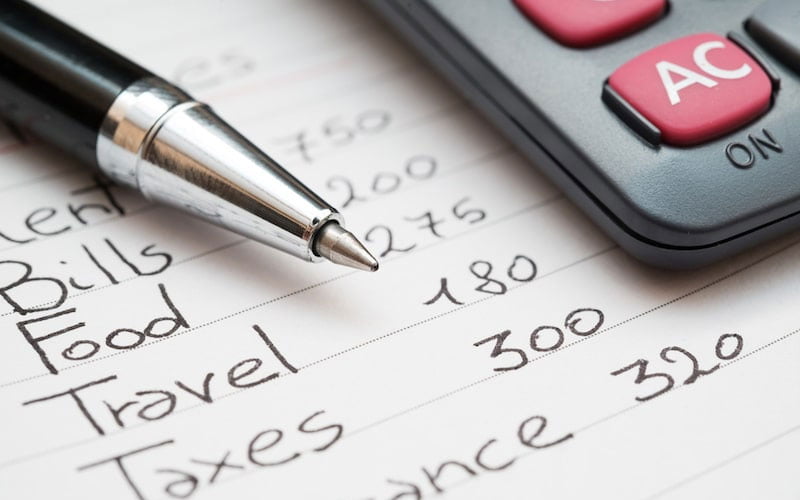A lot of budgetary mismanagement is the result of paying more than you have to for the things that you need the most. Being a little more attentive to your spending will help you with staying on top of your budget.
Boost Your Credit
If you don’t have a good credit score, you may have to pay higher interest rates for mortgage bills or car payments. Start monitoring your credit and make a concerted effort to raise it. Making timely payments are likely to have the biggest impact. Also, consider requesting to raise your credit limit. Overutilizing your available credit can lower it. If you raise your available credit without spending more, it could help your score.
Avoid Bank Fees
People commonly have fees associated with their bank accounts that they aren’t even aware of. It’s also rather common for people to rack up several overdraft fees within a short time. Look at your monthly statement online to make sure you understand your fees. Taking just a minute to set up overdraft protection can protect you from unnecessary penalties. It also helps to serve as a reminder when you may need to bring in the reigns on your budget.
Look for Savings Opportunities
Try to look for promotional offers on everything you buy, particularly online. Before you complete a purchase, see if you can find a promo code for the retailer on your search engine. Before you head out on an indoor shopping trip for stuff like groceries or personal care items, look at supermarkets’ and drugstore circulars. Also, be sure to join any free rewards or savings programs at the places where you shop the most. In some cases, you may be able to combine sale prices, manufacturer’s coupons, and rewards programs for maximum savings.
When you see the biggest savings opportunities, consider it your cue to stock up. Be careful about buying too much of something that you don’t need when you’re nearing your spending limits. However, if you can stock up without any hardship then you should take advantage of paying the lower price on items that you know you’ll use soon. It’s typically best to buy necessities at a discount rather than waiting until you run out and having to pay full price.
Spending less than you need helps you buy more of the things that you want. Ultimately, you can buy more without paying more.





